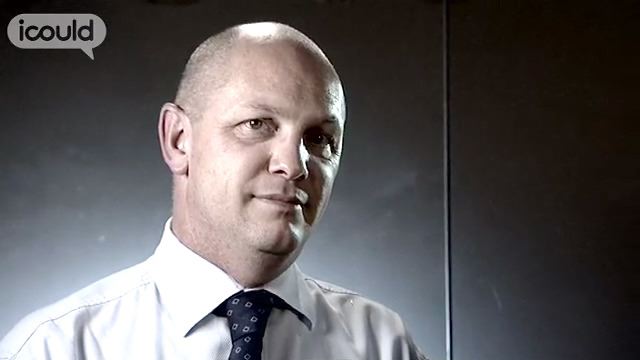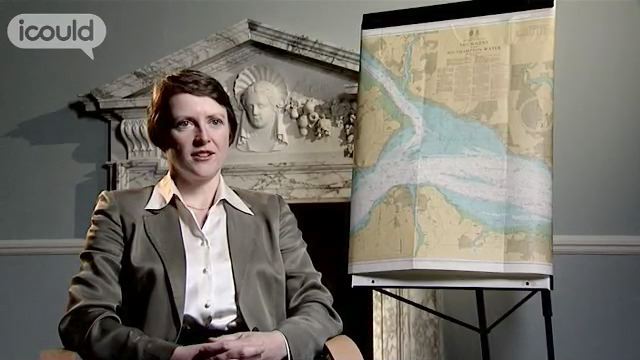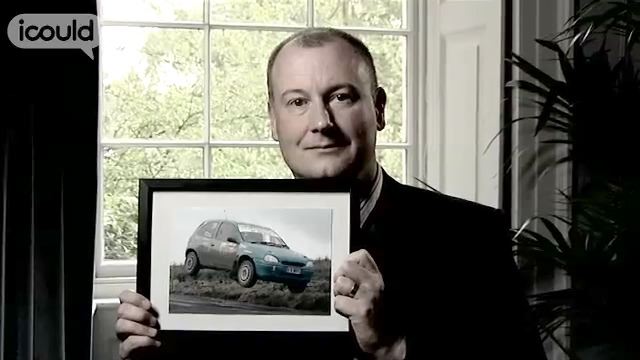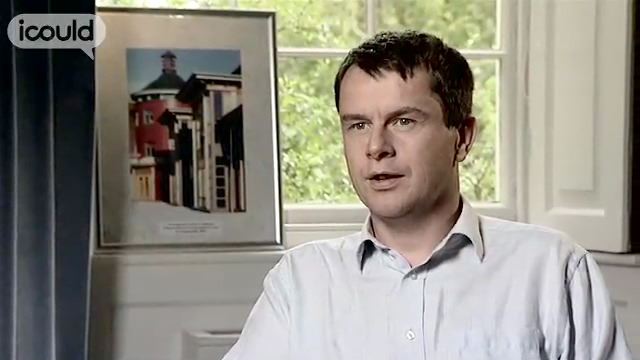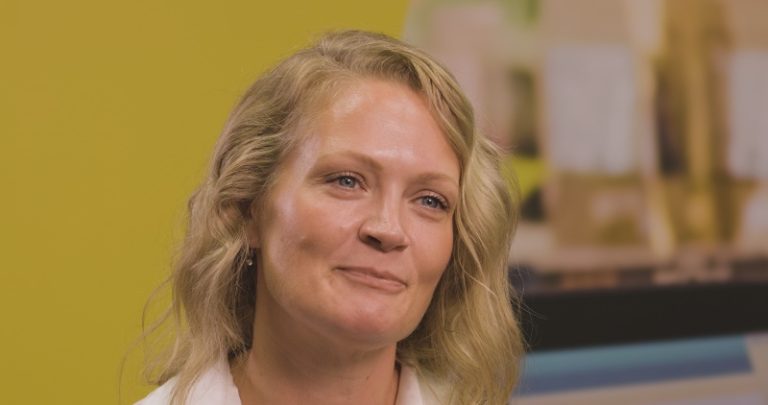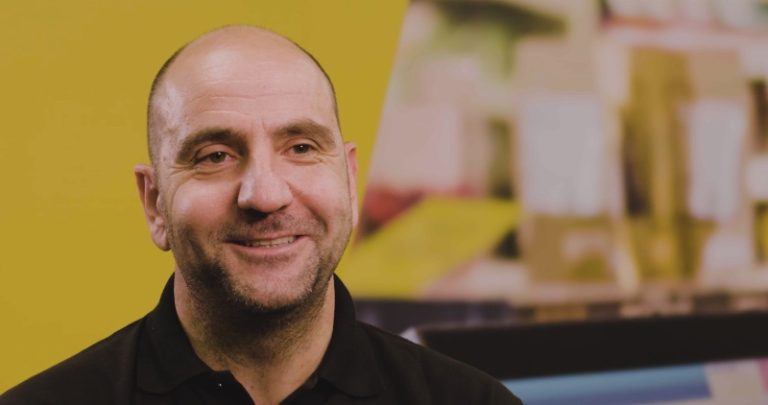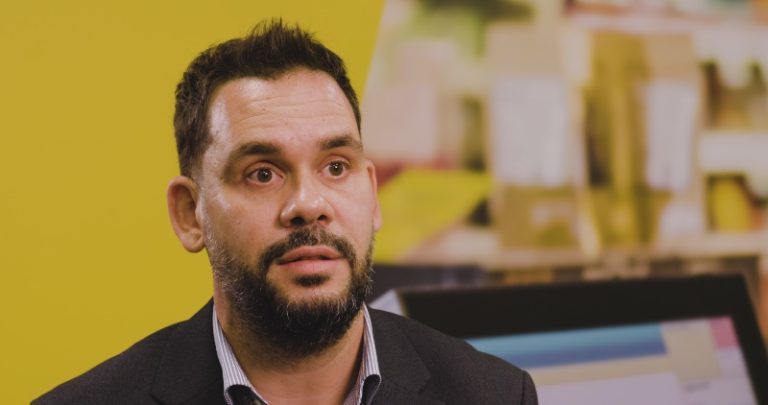Technical Director, Sustainability
Halcrow
Anthony B
00:00:04 OK, my name’s Anthony B, I’m Technical Director for Sustainability here at Halcrow, and I lead a group of 17 engineers, who are all consulting engineers working in the field of environmental sustainability – specifically for buildings and developments. ‘Cause you know sustainability’s a huge field. So we look at buildings, and we try to minimise the environmental impact of buildings, reduce the CO2 emissions from buildings, and help clients to build sustainable buildings.
00:01:17 When I started University, I enjoyed it a lot. I enjoyed, you know, the social side of meeting people, and sort of being free. With my subject, I did find it, you know, pretty hard work at first. And it – I must admit in the first year I even considered giving up, ‘cause I used to find all that Maths really hard going. But I got through it, and then later on in my degree, we started looking in a lot more detail at, if you like, you know the real applications of engineering in the real world and, you know, we looked at design, and we looked at how, you know, engineering would be applied in later life. And in particular I got into – at the time I got into Biomedical Engineering. And so I enjoyed that project and I, you know, got on very well with the tutor, and that meant that when I finished my degree he asked me if I wanted to do a research degree in that subject, a PhD. So – I accepted, but I have to admit that within perhaps six months of starting it I realised that wasn’t for me. I realised that I wanted a much wider breadth of, you know, subject and engagement in my career. So that’s when I, you know, gave up that PhD and started my current career
00:01:46 I think the turning points in my life are probably – for my career it’s certainly getting my first job was really important. Because they challenged us quite a lot, they gave us a lot of responsibility at an early age, and we worked very creatively with architects. Sort of working, you know, in tandem with architects. And in understanding how buildings are designed, and how they are created. And so – I stayed there for 11 years, and that really formed the basis of my career, you know, and I don’t think I would be doing the job I’m doing today if I hadn’t had that first break, that first, if you like, lucky break in getting that job. In my personal life I think, you know, the big turning point was probably getting married and having a family, ‘cause that really affects your outlook on life and – and I suppose your career as well.
00:02:27 Having a family affects your work life I think because, I think in my case it makes you put it into perspective a bit more, you know, career’s always been really important to me, and it still is, but I realise now that, you know, there’s a famous phrase – I don’t think anyone on their death bed says I wish I’d spent more time at work. And it is really important to value your career and be fulfilled by it, but actually I don’t think – I don’t want to be totally caught up in it, and totally obsessed by it. I do have a life outside of work and, you know, I enjoy my family life as well, so having a work/life balance becomes a hell of a lot more important, I think.
00:03:05 My aspirations from now, you know, I’m 41 and, you know, I’ve done a lot with my career I think I’ve, you know, got a quite a senior position now, and I suppose with environmental benchmarks and, you know, going – and required to be more sustainable, then those are my big challenges in my career, you know, to build a zero carbon building or to, you know, reduce the environmental impact of the next big … we build, or whatever it is. So those are the key things. And actually awards become significant too so, you know I – building I worked on a few years ago, we won an award for sustainability, that was in 2005, and I would like to get some more of those trophies if you like, to really sort of, you know, recognition from the wider world that we’re doing something above and beyond the norm if you like, and better than average.
ENDS
Antony Bursey is a Director for Sustainability at Halcrow. One of the buildings he worked on won an award for sustainability – working towards zero carbon is important to him. He found the maths in engineering hard, but persevered. He started research in biomedical engineering, but later found working with architects more interesting.
More information about Civil engineers
The UK average salary is £29,813
There are 37.5 hours in the average working week
The UK workforce is 47% female and 53% male
Future employment
- Undertakes research and advises on soil mechanics, concrete technology, hydraulics, water and waste water treatment processes and other civil engineering matters
- Determines and specifies construction methods, materials, quality and safety standards and ensures that equipment operation and maintenance comply with design specifications
- Designs foundations and earthworks
- Designs structures such as roads, dams, bridges, railways, hydraulic systems, sewerage systems, industrial and other buildings and plans the layout of tunnels, wells and construction shafts
- Organises and plans projects, arranges work schedules, carries out inspection work and plans maintenance control
- Organises and establishes control systems to monitor operational efficiency and performance of materials and systems


